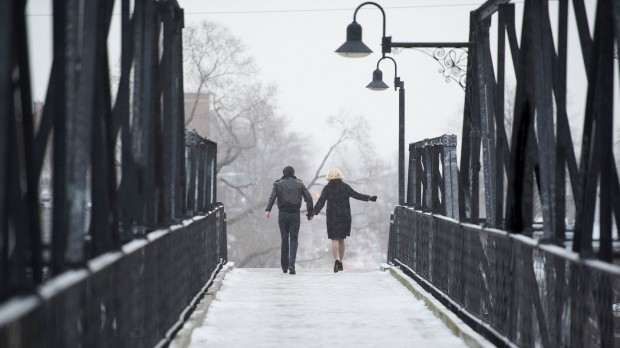
The source of the year’s most powerful stories, the documentary genre is once again thriving in 2013. Including deeply personal films, ones that enact wide-spread awareness, and entries that break the supposed definition of the genre, we’ve rounded up our 15 favorites of the year to share. Check out our rundown below and let us know your favorites in the comments.
20 Feet From Stardom (Morgan Neville)
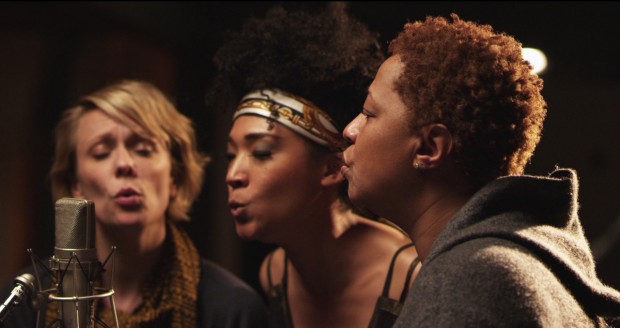
You wouldn’t expect a documentary film about thwarted back-up singers who never quite made the big time to be filled with this much infectious joy, but that’s exactly the quality that director Morgan Neville brings to the table. For music fans, this 90 minute spotlight on the unsung singers behind the big names is a must see movie event. Even when the lot of this particular career profession results in frustration, the film itself never stops soaring. You won’t discover the definitive history of backup singers here, but what you will find is a collection of women whose stories are compelling, poignant and, in cases like Merry Clayton talking the Stones’ Gimme Shelter, the stuff of legend. – Nathan B.
The Act of Killing (Joshua Oppenheimer)
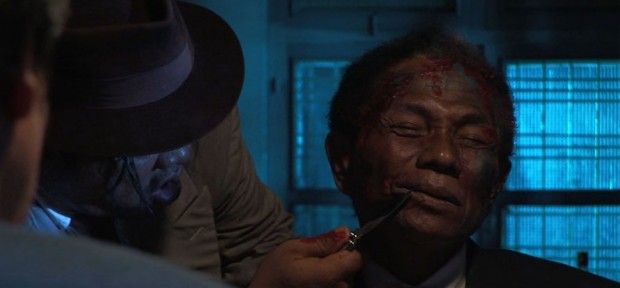
While Hollywood attempts to conjure the latest harrowing characters and situations in their offerings, one documentary this summer proves that nothing can beat the real thing, for Joshua Oppenheimer‘s document of real-life Indonesian serial killers is perhaps the most unforgettable experience one can have at the cinema this year. It’s a true testament to not only the film’s structure, but the bond our director created with these men that, without it, this — especially a devastating third act — could have easily been a superficial look at the events. Instead, its matter-of-fact nature will get under one’s skin and never let go. – Jordan R.
After Tiller (Martha Shane, Lana Wilson)
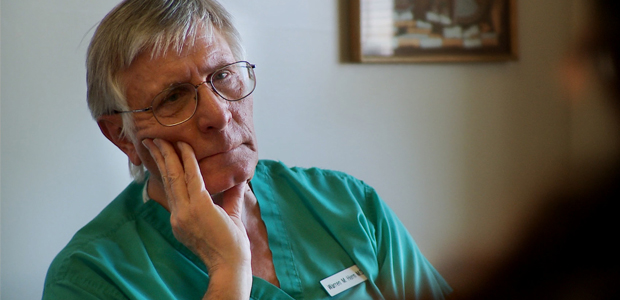
Although documentaries often present real-life people working in risk-filled areas, the results can be quite banal. Half of reality television is filled with potentially exciting subjects: ER surgeons; truckers crossing thin sheets of ice; Alaskan crab fishers; or cops working some of world’s most dangerous streets. The problem with these shows is that, more often than not, their content boils down to one simple idea: “pretty crazy stuff!” In a breath of fresh air, After Tiller actually explores the psychology of four late-term abortion doctors, a group whose work is not inherently dangerous, but whose professional embroilment in political controversies have made them potential targets. Instead of gaping at this profession and the dangers surrounding it, directors Martha Shane and Lana Wilson have crafted a nuanced psychological portrait of why the set would fight for women on these front lines, as well as the ethical, political, and moral decisions they face every day. – Peter L.
At Berkeley (Frederick Wiseman)
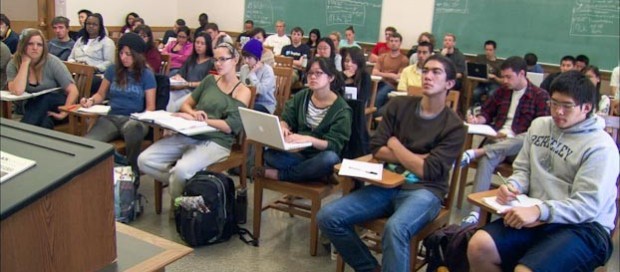
Frederick Wiseman’s At Berkeley is an insightful look at higher education from the top to the bottom. Working within his most complex and largest institution yet, the documentary master captures a multitude of experiences that barely scratch the surface. A comprehensive, four-hour look with startling frankness — from the faculty tenure process, to commissions crafting both PR and public safety responses to protests over rising tuition — it’s a fascinating and brilliant film. – John F.
Blackfish (Gabriela Cowperthwaite)
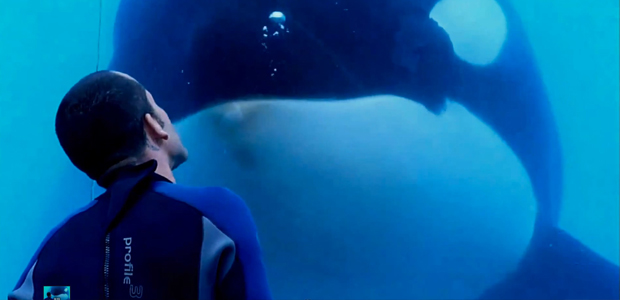
Gabriela Cowperthwaite’s Blackfish is the most unconventional murder mystery you’ll ever see. It’s also the one most likely to facilitate real-world change. The killer in question is a 32 year-old Orca named Tilikum and the film isn’t an indictment of the animal, but of Sea World and the practices associated with keeping and training these creatures in captivity. Fans of aquatic parks may be slow to acquiesce to what Cowperthwaite is putting forth, but she lets much of the damning truth—seen through footage and personal accounts, many from Sea World trainers—speak for itself. At the heart of Blackfish is the question of how much mistreatment a sentient being can endure before it will lash out. We’ve taken graceful, mercilessly efficient predators and made them into living beach toys for our amusement. Eventually, someone’s going to pay the piper. – Nathan B.
Call Me Kuchu (Malika Zouhali-Worrall, Katherine Fairfax Wright)
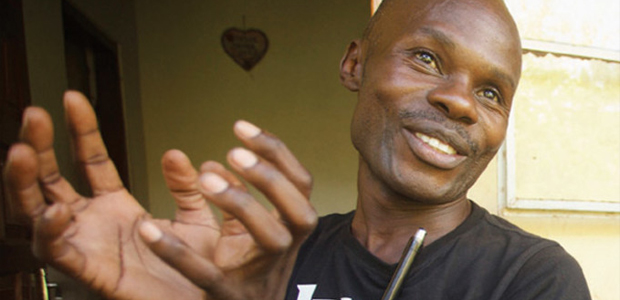
Call it exploitative or tragically serendipitous, but do not discount the impact of what happened in Uganda during the course of Katherine Fairfax Wright and Malika Zouhali-Worrall’s time collecting footage for Call Me Kuchu. A documentary that fulfills its goal to expose the horrifying human rights offenses committed by the African country’s government against the LGBT community, it also shows us the absolutely inappropriate price of such injustice. Activist and leader David Kato’s emotionally heartbreaking story is one that needs to be heard so we may begin to stop pretending an evil doesn’t still exist around the world trying to force its obscenely narrow definition for what it means to be human. – Jared M.
Cutie and the Boxer (Zachary Heinzerling)
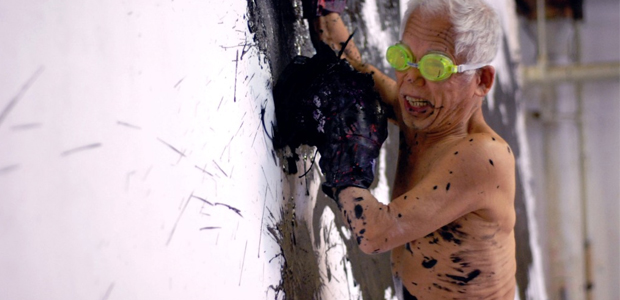
Few films this year have the emotional intimacy of Zachary Heinzerlig’s Cutie and the Boxer; after witnessing the domestic fireworks and erratic temperaments of its two singular subjects, one may wish for something less intimate. Yet, that’s the particular power and triumph of Heinzerlig’s film, which is a complete and disarming portrait of the artist when the art itself calls into conflict everything else. Troubled octogenarian ‘action’ painter Ushio Shinohara—who punches his painted fists against canvas—and his wife Noriko make up the volatile but committed couple at the film’s center; he’s a controlling, egotistical elitist, she’s a doting but pensive partner who’s sacrificed much of her professional life in assisting him with his. If this were fiction, the two would be headed for certain disaster, but an unlikely nurturing occurs, reflected with delicate honesty on-screen, that says much about the resilience of dedicated love and dedicated art. – Nathan B.
Happy People: A Year In The Taiga (Werner Herzog, Dmitry Vasyukov)

Few filmmakers are as adept as Werner Herzog at finding the extraordinary in the seemingly mundane. In Happy People, Herzog, Dmitry Vasyukov and their crew document the daily life of those living in the Siberian village of Bakhtia. The camera does little more than observe the villagers and all of the tasks that are required for their survival. These are acts that are fascinating in their simplicity, these villagers’ connection to nature something pure and, sometimes, envious. – Dan M.
Let the Fire Burn (Jason Osder)
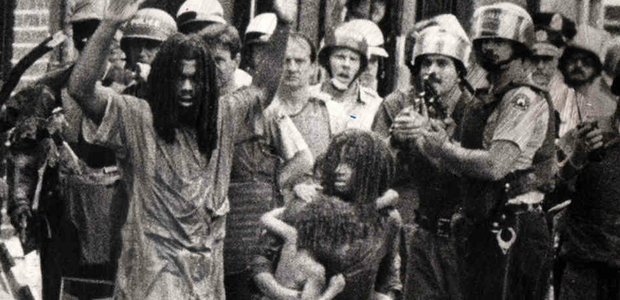
Director Jason Osder’s Let the Fire Burn is set entirely in the past, using archival footage with no present-day voices to tell a rather chilling story of MOVE, an African American liberation group who sets up a collective on the Osage Ave in West Philadelphia. What starts as a spark soon turns into a fire that engulfs an entire city block as a series of terrible decisions are made by those entrusted to ensure public safety. It’s an incendiary documentary that’s one of year’s most memorable cinematic experiences. – John F.
Leviathan (Verena Paravel, Lucien Castaing-Taylor)

Plunging into the depths of the unknown, Leviathan is a frightening, murky look at man’s struggle to face the powerful, unstoppable force of nature. Coming from Lucien Castaing-Taylor and Véréna Paravel, out of the Sensory Ethnography Lab at Harvard University (also responsible for the equally fascinating, riveting work Sweetgrass), Leviathan is one of the landmark documentaries of the year, defying the very boundaries of its genre. I can’t imagine the experience will be the same at home, but if you have yet to undergo this one-of-a-kind experience, find the largest screen possible and let it transfix you. – Jordan R.
Medora (Andrew Cohn, Davy Rothbart)
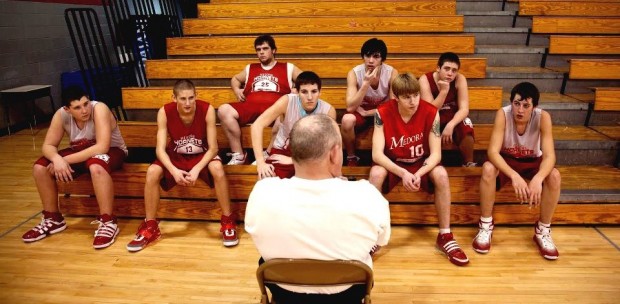
Medora is a powerful and perceptive film that tells the story of a rural enclave (Medora, Indiana) with virtually no economic base and a shrinking high school enrollment. Due to this, Medora’s Hornets basketball team takes on much larger regional consolidated districts. Pushing for glory, the Hornets story becomes one of shrinking small towns everywhere fighting for a change. With an intimate approach, directors Andrew Cohn and Davy Rothbart (of Found Magazine and This American Life) tell a story with the kind of intimacy the alternative journalism of This American Life achieves regularly — this is an engaging wake-up call. – John F.
Muscle Shoals (Greg Camalier)
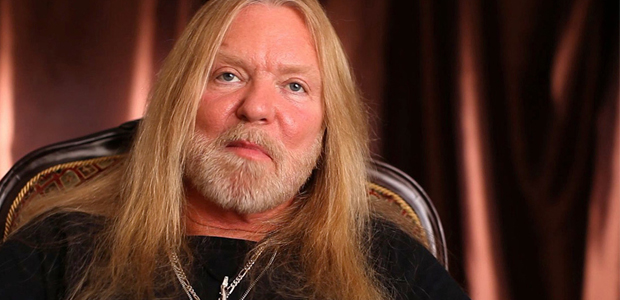
Greg Camalier’s feature documentary, focusing on FAME Studios in the titular Alabama town, is a two-hour ode to the magic of music and the colorful clientele that served to create the rock legends we know today. From Aretha Franklin to Mick Jagger, these icons speak of the studio with excitement and vigor, thanks in large part to Camalier’s excellent interview style. If you like music, you’ll like this movie. – Dan M.
Room 237 (Rodney Ascher)
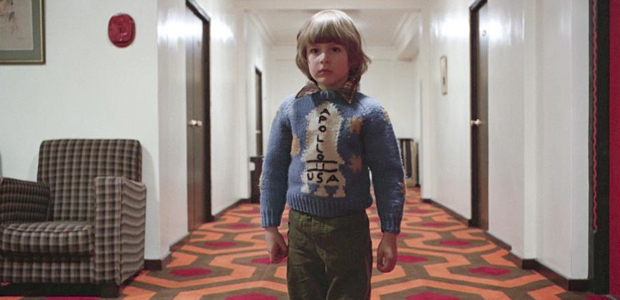
The feature debut from Rodney Ascher presents a number of questionable ideas about Stanley Kubrick’s horror adaptation The Shining – as far as the documentary’s subjects are concerned, there are no continuity errors or spatial inconsistencies, only a meticulous work by a master director who probably helped fake the moon landing. But what could have developed into an easy jab at some obsessed cinephiles instead becomes a celebration of film analysis in general, in which the influence of an expert’s background and experience is not only acknowledged, but understood (of course the guy who studied Native American history would find significance in the Calumet canisters!) By taking a sincere approach to these drastically varied viewpoints, Ascher was able to produce a surprising, good-humored tribute to the world of theory. – Amanda W.
Stories We Tell (Sarah Polley)
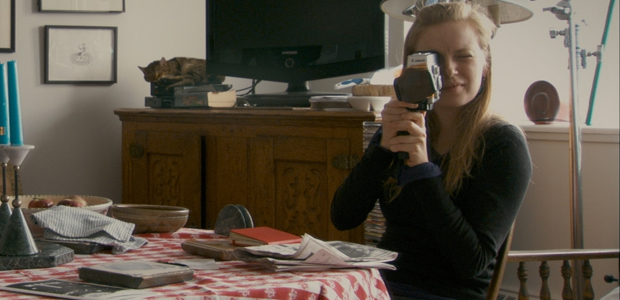
Actress-director Sarah Polley’s first documentary explores a family mystery and discovers herself more fortunate than most: she has two wonderful, loving families after taking a painful risk. Told in interviews, narration and recreations, she traces the journey of her late mother Diane, an actress in a complicated marriage. Escaping Toronto nine months before the birth of Sarah, she’s left with a mystery: who is her father? Stories We Tell is warm, brave, inviting and heartbreaking all at once, making for a rare, deeply personal multiple-perspective family drama – John F.
The Square (Jehane Noujaim)
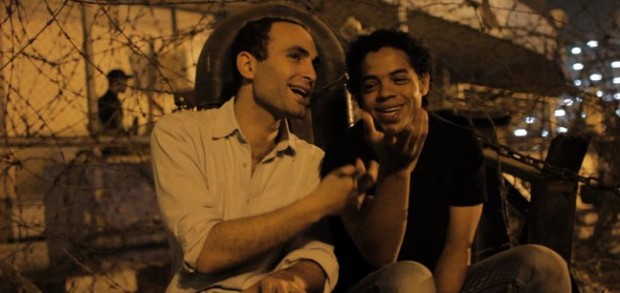
The next daring chapter in the career of documentary filmmaker extraordinaire Jehane Noujaim led her to Egpyt, during the country’s tumultuous revolution that led to the outing of president Mubarak. Following the events of a staged sit on of Tahrir Square, through the eyes and cameras of the protestors, Noujaim is able to effectively capture the human struggle of what it means to stand up for your beliefs. The film doesn’t offer up much context outside of real-time conversations, opting for an observational testament of what people documented themselves, along with the director completely immersing herself in the journey. While much has been portrayed of the Egyptian revolution in the mainstream media, it is a completely different experience to view it from the focal point of activity. Spellbinding from beginning to end, The Square is a riveting portrait of a whole nation’s transformative experience as they demand their freedom and democracy. – Raffi A.
What are your favorite documentaries this year?

